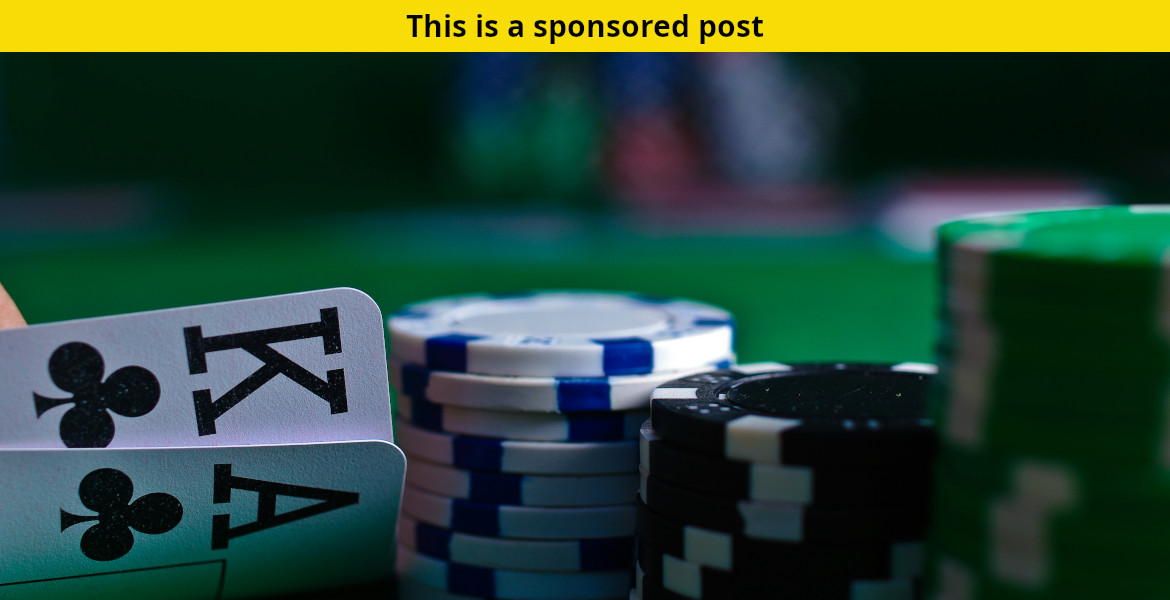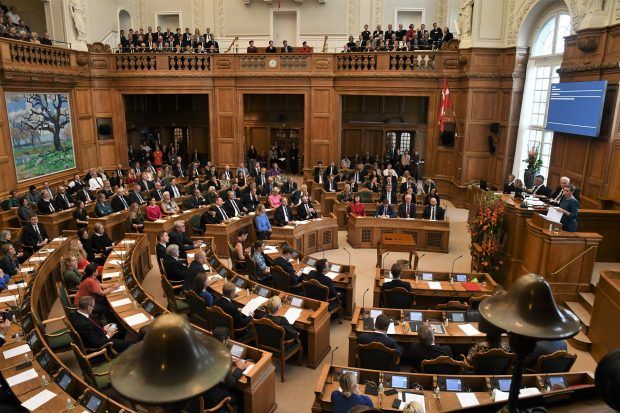The online casino landscapes in Sweden and Denmark are governed by distinct regulatory frameworks, each tailored to their national policies and objectives. Understanding these differences is crucial for operators and players navigating the Scandinavian online gambling market.
Regulatory Authorities and Legal Frameworks
In Sweden, the primary legislation is the Gambling Act (2018:1138), which came into force on January 1, 2019. This act mandates that any gambling activity targeting the Swedish market must be licensed by the Swedish Gambling Authority (Spelinspektionen). Operating without a Swedish license is illegal, and facilitating such unlicensed activities, including marketing or advertising, is also prohibited Therefore most players prefer a casino with swedish license.
Denmark’s gambling activities are regulated by the Danish Gambling Authority (Spillemyndigheden) under the Danish Gambling Act. This act liberalized the Danish gambling market, allowing both domestic and international operators to offer online casino services, provided they obtain the necessary licenses. The Danish Gambling Authority is responsible for ensuring a fair and transparent gambling market, protecting players against unfair practices.
Licensing Requirements
Sweden requires all gambling operators targeting its market to obtain a license from Spelinspektionen. The licensing process involves a thorough assessment of the operator’s suitability, including financial stability, integrity, and the ability to provide a safe gambling environment. Licenses are typically valid for a period determined by the authority and can be revoked in cases of serious violations.
In Denmark, operators must apply for a license from the Danish Gambling Authority to offer online casino services. Licenses are granted for up to five years and require operators to comply with stringent regulations designed to ensure player protection and fair play. The application process involves submitting detailed information about the company’s operations, financial status, and measures to prevent problem gambling.
Player Protection Measures
Both Sweden and Denmark place a strong emphasis on player protection. In Sweden, the Gambling Act includes provisions to promote responsible gambling, such as self-exclusion options and limits on deposits and playing time. The Swedish Gambling Authority has the mandate to enforce these measures and ensure operators comply with responsible gambling practices.
Denmark also enforces strict player protection measures. Only individuals above the age of 18 are permitted to participate in online gambling. Before engaging in online gambling, players must register with the operator, providing extensive personal information. The use of MitID, a digital identification system, is required in various situations related to accessing and participating in online gambling, ensuring secure and responsible gaming.
Advertising and Marketing Regulations
Sweden enforces strict regulations on the advertising and marketing of gambling services. Operators are prohibited from targeting individuals under the age of 18 and must ensure that their marketing materials are not misleading or aggressive. The Swedish Gambling Authority monitors advertising practices and can impose sanctions on operators that violate these regulations.
In Denmark, marketing gambling services requires a Danish gambling license. While unlicensed operators are not explicitly prohibited from accepting stakes from Danish players, marketing towards the Danish market without a license is not allowed. The Danish Gambling Authority oversees advertising practices to ensure they comply with national regulations, protecting consumers from misleading promotions.
Recent Developments
Sweden has recently implemented stricter gambling regulations. By ratifying the Macolin Convention, Sweden has taken a firm stand against illegal betting practices, aiming to increase consumer trust in the gambling market. The Swedish Trade Association for Online Gambling (BOS) had previously called for stricter measures to protect the industry, indicating a collaborative effort to enhance regulatory standards.
In Denmark, the gambling market continues to be well-regulated, with the Danish Gambling Authority ensuring compliance with national laws. Operators must obtain a license and adhere to stringent regulations to ensure player protection and fair play. Unlicensed gambling operations, including unauthorized online gambling sites and underground betting activities, are illegal. The Danish Gambling Authority employs strict measures, such as blocking unlicensed websites and financial transactions, to enforce compliance and maintain the integrity of the legal gambling market.
Conclusion
While both Sweden and Denmark have established comprehensive regulatory frameworks for online casinos, notable differences exist in their approaches. Sweden’s recent tightening of regulations reflects a commitment to combating illegal betting and enhancing consumer protection. Denmark’s liberalized market allows for both domestic and international operators, provided they comply with stringent licensing requirements designed to ensure a fair and transparent gambling environment. Operators and players must be aware of these distinctions to navigate the Scandinavian online gambling landscape effectively.















